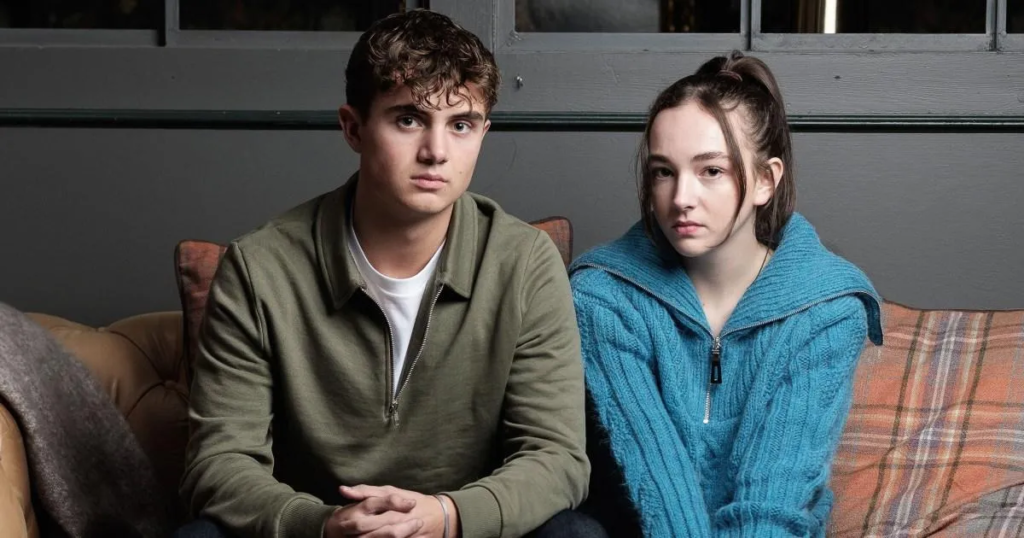
By Amy Adams, PhD doctoral researcher, Department of Social Policy, Sociology and Criminology
In 2020 I typed the words ‘sibling sexual abuse’ into Google, besides academic articles there was little in the way of information about this issue, which surprised me. Determined to understand more I scrolled down the returned results, and about six searches down the page I noticed on the Somerset and Avon Rape Crisis Service (SARSAS) website that the Home Office had commissioned a two-year project on sibling sexual abuse/behaviour (SSA/B) in collaboration with Rape Crisis England and Wales, SARSAS, the University of Birmingham and the University West of England. Curious to find out more I emailed Fleur Strong the project lead, she responded quickly to me and welcomed me to join the project as voluntary Project Officer.
I worked on the project for over a year, working closely with Fleur and a dedicated project advisory group made up of survivors, academics, and practitioners. The Home Office project was a huge success, producing five reports, three academic articles and for the first time an academic book on the issue titled: ‘Understanding and Responding to Sibling Sexual Abuse’. In addition, in collaboration with the project, BBC File on Four released a dedicated session to SSA/B entitled ‘Sibling Sexual Abuse, The Last Taboo”. The most important outcome of the project, however, is that it has increased public awareness and discourse about SSA/B. While there is still plenty left to do to improve public understanding of SSA/B it is paramount to acknowledge that, as Nancy Morris survivor and founder of Siblingstoo has said to me on numerous occasions, “the genie is no longer in the bottle”.
Since the project there has been two important milestones reinforcing that the ‘genie’ is out and here to stay. The first is the Sunday Times article ‘Revealed: The hidden crime of sibling sexual abuse’ an exclusive article dedicated to SSA/B published in March 2024. Decca Aitkenhead, author of the article, met with professionals and adult victim-survivors many of whom had been silenced about their experiences for decades. Aitkenhead ensured that survivors had a platform to share their stories and tell their truth. The article covered many important issues including the gendered nature of SSA/B, the associated complex family dynamics, and vitally that SSA/B is no less serious than any other forms of sexual abuse. One article may not seem like much, but this is in fact a huge step forward. The Times and Sunday Times had an overall audience reach of 12.6 million people in March 2024 (Majid, 2024) meaning that many people who had probably never considered or heard of SSA/B were made aware of an issue that is thought to conservatively affect 1.3 million children in the UK (Strong, 2022).
The second milestone is the Hollyoaks (a UK soap drama) storyline on SSA/B. The storyline explores 15-year-old Frankie’s experience of SSA/B committed by her twin brother JJ. The story has thus far explored the complex trauma that children who have been sexually harmed by a sibling can experience, as well as the difficulties attached to disclosure and familial responses to the harm. While this storyline is unlikely to reflect all survivors and families’ experiences, given the nuanced and complex nature of SSB/A, it does open up conversation on the issue. Undoubtedly, there will be survivors and families who have been personally affected by SSA/B tuning into the Channel 4 drama. This storyline, has the potential to create monumental change; clearly naming SSA/B is how we reduce stigma and crucially how we give survivors and families the language to talk about their experiences and seek help.
Four years on from the start of the Home Office project and it certainly seems like SSA/B is emerging into public discourse and being afforded the seriousness it deserves. However, what has been achieved is only the tip of the iceberg and there is much more to do. SSA/B remains one of the most common but under researched forms of intrafamilial abuse.
So, what needs to be done? In a recent policy brief on SSA/B, King-Hill and McCartan (2024) recommend that we need:
- A clearer definition, criteria and recording of SSA/B cases as a distinct form of sexual abuse in Children in Need data.
- The Department of Health and Social Care to implement the Sibling Sexual Behaviour- Mapping Tool (SSB-MT) into practice.
- The Department of Health and Social Care to employ compulsory training on SSA/B for social service professionals.
- The Department of Education to include SSA/B in relationship, sex, and health education (RSHE) in schools, as a compulsory aspect of the curriculum.
- The Department of Education and The Department for Health and Social Care to upskill all frontline workers to identify SSA/B earlier.
Finally, a recommendation of my own is that we keep the conversation alive, we must ensure that SSA/B never goes back into the bottle. To achieve this, we should speak about SSA/B at all levels of society – from our individual conversations right through to policy and government. Talking about the issue is how we tackle it; silence is never the answer.
The views and opinions expressed in this article are those of the author and do not necessarily reflect the official policy or position of the University of Birmingham.
